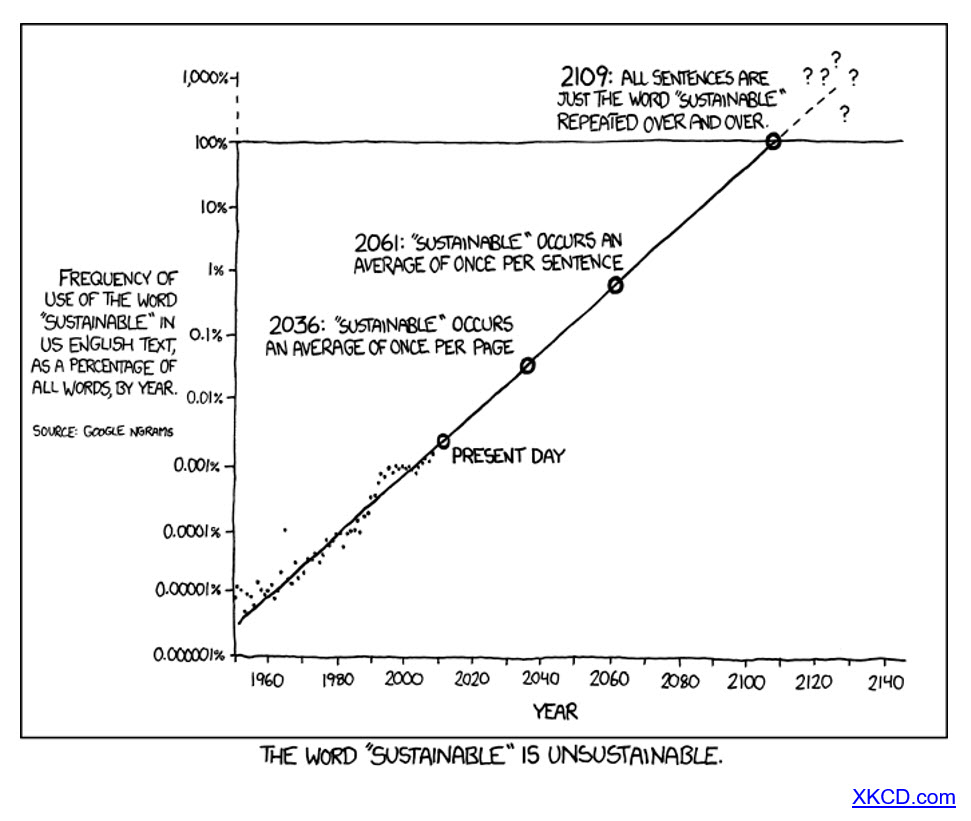ESG During the Coronavirus Crisis – Should You Care?
–An Investment Management Advisory from Alston & Bird
What Are ESG Factors?
Incorporating environmental, social, and governance (ESG) factors into investment processes and decision-making is becoming increasingly prevalent when investing in the debt capital markets. With global green and sustainable debt volumes hitting close to $500 billion in 2019, more than double that of two years previous (according to BNEF and Bloomberg), the demand for ESG-themed finance looked set to grow in 2020. It is too soon to tell how the coronavirus (COVID-19) pandemic will impact this trajectory.
The focus of many companies at this point is on survival. This may push ESG concerns to the bottom of the pile. However, many ESG investors are closely monitoring market participants’ strategies during the crisis, for example worker welfare and the treatment of employees.
ESG factors cover a wide spectrum of issues that would not traditionally have been part of financial analysis, but in today’s markets may have relevance financially. ESG factors are diverse, and there is no set definition for what might be included in the metric. ‘Environmental factors’ may include climate change, policies towards emissions, natural disasters, extreme weather, and so on. ‘Social’ factors may include population/demographic changes, income, employee welfare, the ‘living wage’, diversity and inclusion, and human rights. ‘Governance’ factors may include ownership structures, policies and procedures, transparency and accountability, and cybersecurity.
Though the lack of a precise definition is not without its challenges…

ESG During the Coronavirus Pandemic
In the opening weeks of the coronavirus pandemic, ESG funds have appeared to be weathering the storm better than traditional funds that may have been considered safer bets for investors.
According to a recent Bloomberg analysis, the average ESG fund has fallen by roughly 12 percent this year, which is about half the decrease seen by the S&P 500 Index over the same period. A separate analysis of about 200 funds by Morningstar found that ESG funds have fared better than their conventional counterparts, and their performance is overrepresented in the top quartiles of their peer groups.

